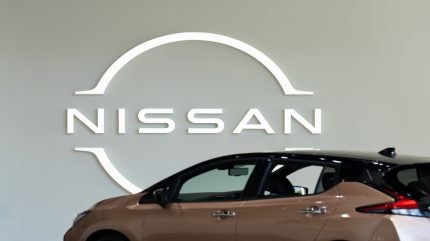
Nissan and Mitsubishi have teamed up to establish a joint venture (JV) by the end of fiscal 2024 to offer services featuring self-driving vehicles and electric cars, reported The Japan News.
The companies intend to offer a passenger transport service using Level 4 autonomous driving technology, enabling vehicles to operate without human input under certain conditions.
Additionally, they plan to provide services using electric vehicle batteries for home energy storage, and other applications.
The JV is equally funded by both companies and is set to begin verification tests in 2025.
Nissan is currently developing the autonomous vehicles, while Mitsubishi is focusing on commercialising an artificial intelligence system that determines optimal travel routes.
Based on the outcomes of these developments, the JV will operate unmanned taxis and other services in line with government deregulation measures.
The services are slated to debut in Yokohama, Kanagawa Prefecture, and Namie, Fukushima Prefecture, where Nissan is already conducting automated driving trials.
In the realm of EV batteries, the companies are exploring a service that would link EVs with homes and power grids, enabling the use of car-stored electricity at home or for sale to energy providers.
They are also considering a scheme to promote the reuse and recycling of used EV batteries, addressing concerns over their disposal overseas.
Nissan is targeting a significant increase in sales from autonomous driving and EV-related businesses, aiming to reach Y2.5tn ($16.4bbn) by fiscal 2030.
Mitsubishi is accelerating its investments in startups and other firms specialising in autonomous driving software, in anticipation of market growth amid demographic shifts and labour shortages.
Additionally, Mitsubishi is also collaborating with other key automakers in the EV battery sector.
In June 2024, Nissan launched self-driving trials in Japan with a prototype vehicle featuring its in-house autonomous driving technology, in preparation for future commercial services.
The self-driving Leaf prototype, equipped with 14 cameras, ten radars, and six lidar sensors, showcased Nissan’s advancements in autonomous driving, especially in complex urban environments.








